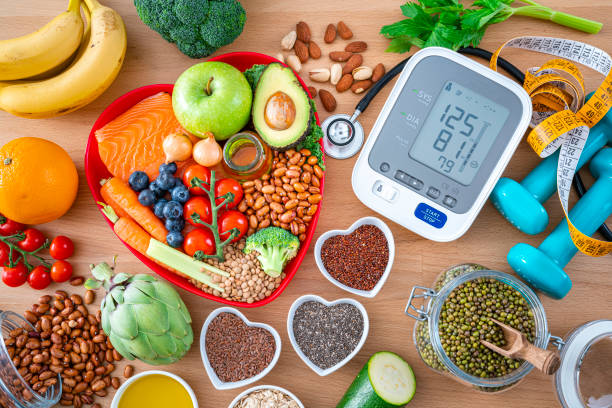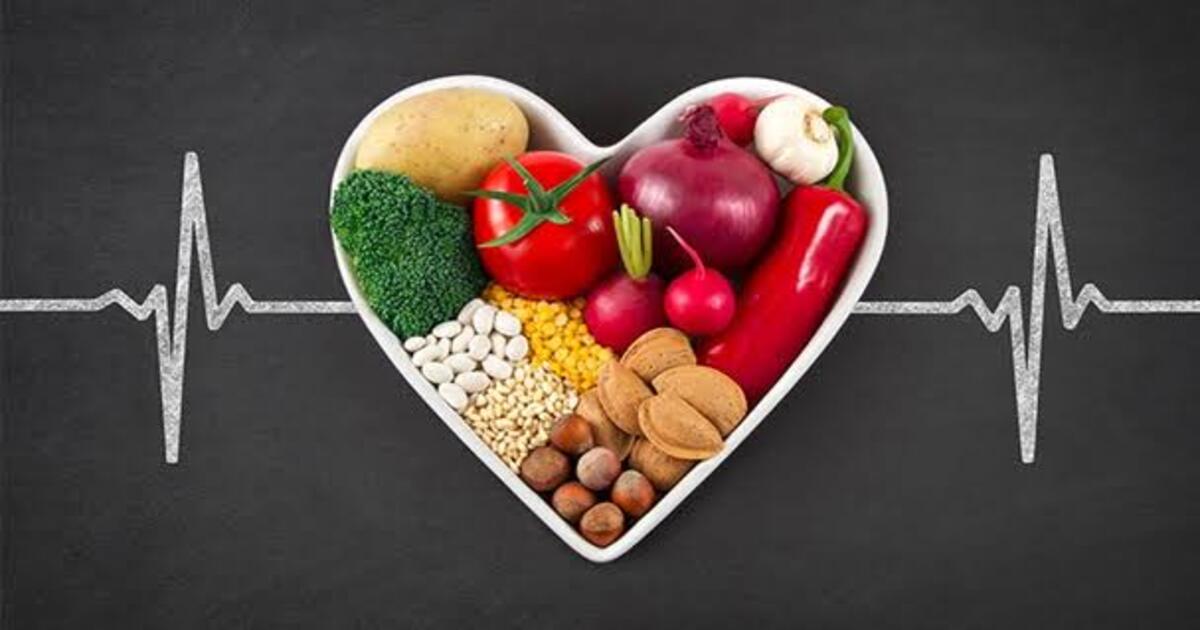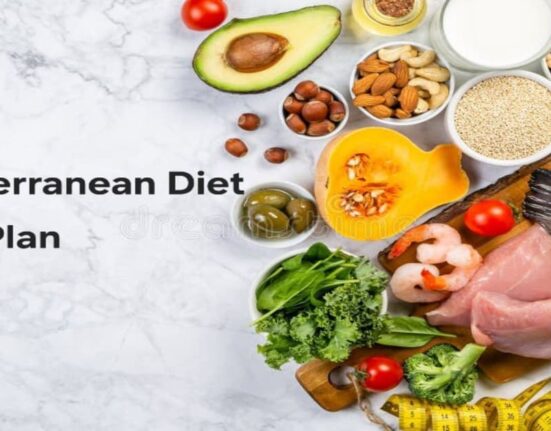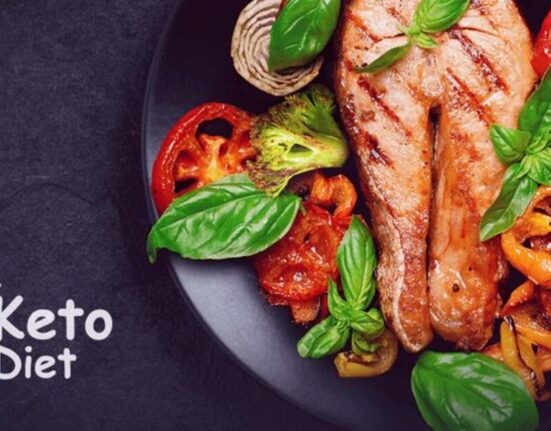Taking care of your heart isn’t just a medical tip, it’s more of a lifestyle that affects your daily energy, your mood, and even how much you enjoy life without always worrying about high blood pressure or cholesterol. Many people hear about a heart healthy diet but don’t really know where to start or what changes actually make a difference. The truth is, it’s way easier than most people think. You don’t have to flip your whole routine on day one – it’s more about small, steady steps that slowly turn into habits. Let me share with you some simple, realistic tips to help you get started and stick with it.
Start with the basics: fruits and veggies

Fruits and vegetables are really the backbone of any heart healthy diet. They’re not just for filling you up – each color comes with different nutrients. For example, tomatoes are loaded with lycopene which helps protect your heart, apples have fiber that lowers cholesterol, and carrots are full of beta-carotene that supports your immune system and arteries.
Personally, I started keeping a box of cut fruit like strawberries or grapes in the fridge, and I found myself reaching for that instead of chips or cookies. After a while, I noticed I didn’t crave sugar as much and felt more energetic. Even something simple like adding a salad to lunch or having fruit as a snack in the afternoon makes a noticeable difference.
A practical tip? Follow the “half your plate” rule: make sure half of your plate is always fruits and veggies, cooked or fresh. It’s such an easy way to lock in a heart healthy diet.1
Cut back on salt, don’t cut it out

Salt is tricky. We’re used to a certain taste, so when we reduce it, food might feel bland at first. But if you cut back little by little, your taste buds adjust. I tried swapping salt with spices like thyme, paprika, and lemon juice – the flavor was actually different and sometimes even better. Too much salt raises blood pressure, which puts extra strain on the heart.
In a smart heart healthy diet, it’s not about banning things, it’s about replacing them. Try herbs, garlic, or onion for flavor. If you want, use a pinch of sea salt or Himalayan salt instead of regular salt. Over time, you’ll find you enjoy your meals more without relying on salt.
Read also: Best Diet for Kidney Disease: Foods to Eat and Avoid
Fats: not all are bad

When people hear “fats,” they instantly think danger – but that’s not accurate. A proper heart healthy diet means knowing the difference between good and bad fats.
Healthy fats are in olive oil, nuts, avocados, and fish. They support your heart, reduce inflammation, and keep arteries flexible. One time I swapped butter for avocado on toast, and I stayed full way longer, plus it tasted new and refreshing.
The bad fats, on the other hand, are in fried food and fast food. These clog your arteries and make the heart work harder. A simple step? Cook with olive oil instead of processed oils. That one switch can make a huge difference.
Whole grains keep you full
White bread and refined rice fill you up quickly but the effect doesn’t last – you’re hungry again in a couple of hours. Whole grains are different; they’re a core part of a heart healthy diet.
Oats, brown rice, quinoa, and barley are full of fiber, which slows digestion and keeps you satisfied longer. They also help lower cholesterol. I started replacing half my white bread with whole grain bread, and eventually I felt more balanced and less hungry all the time. Whole grains also give you steady energy without spiking your sugar, which helps mood and focus too.
Choose healthy proteins

Protein is important for muscles and satiety, but in a heart healthy diet, quality matters. Eating too much red meat with fat can harm your heart. Better options are chicken breast, fish, or legumes.
Fatty fish like salmon and sardines are rich in omega-3, which reduces inflammation and boosts heart health. Even eggs, in moderation, are a great protein source.
Try going plant-based some days – lentils, chickpeas, or beans. For example, I once had a light lentil soup for dinner, and it was enough and satisfying without the heaviness that sometimes comes from meat.
Water: the silent guard
Water might look basic, but it’s key in a heart healthy diet. Staying hydrated helps your circulation work better and flushes out toxins.
Many times, we think we’re hungry but actually we’re just thirsty. Try drinking a glass of water before meals – you’ll probably eat less than you thought you needed.
I started keeping a bottle of water with me, and I naturally drank more without even trying. It’s not only about avoiding dehydration – water also helps ease pressure on your heart and circulation.
Read also: How to Start a Vegan Diet Step by Step
Sweets? Not totally off-limits
A lot of people think a heart healthy diet means saying goodbye to desserts forever. But full restriction usually backfires. The secret is moderation.
Dark chocolate, for example, has antioxidants that are actually good for the heart. A small piece can satisfy your sweet tooth. Instead of heavy desserts, go for fruit with a drizzle of honey or Greek yogurt. I tried dates with some walnuts a perfect sweet and natural alternative to store-bought treats.
Foods to avoid for heart protection

Just like some foods help your heart, others should be limited. A successful heart healthy diet balances both what to eat and what to avoid.
- Processed meats like salami or sausages are full of sodium and preservatives.
- Fried foods like fries or fried chicken have trans fats that block arteries.
- Soda is packed with sugar, leading to weight gain and heart strain.
- Packaged desserts like cakes and cookies give quick energy but leave you drained.
But there are easy swaps: oven-baked potatoes instead of fries, fresh juice instead of packaged juice. These small changes make your heart healthy diet healthier and more enjoyable.2
Practical tips to stick with it
The real challenge isn’t starting a heart healthy diet, it’s maintaining it. A few tips can help:
- Meal prep at the start of the week so you’re not tempted by fast food.
- Use smaller plates – you’ll eat less without noticing.
- Keep healthy options at home: if you stock chips and cookies, you’ll eat them. But if you stock fruits and veggies, you’ll eat those instead.
- Be realistic. If you slip and eat something unhealthy, it’s not the end of the world. Just move on the next day. It’s about consistency, not perfection.
A one-week heart healthy diet plan

Here’s a simple plan you can try for a week feel free to adjust to your taste:
- Day 1
Breakfast: Oatmeal with low-fat milk and apple
Lunch: Big salad with grilled chicken breast
Dinner: Lentil soup with whole grain bread
- Day 2
Breakfast: Greek yogurt with honey and fruit
Lunch: Grilled salmon with steamed veggies
Dinner: Brown rice with sautéed vegetables
- Day 3
Breakfast: Whole grain toast with avocado and tomato
Lunch: Tuna salad with corn and cucumber
Dinner: Cooked chickpeas with brown rice
- Day 4
Breakfast: Fresh orange juice, boiled egg, whole grain bread
Lunch: Grilled chicken with tabbouleh salad
Dinner: Baked potatoes with sautéed vegetables
- Day 5
Breakfast: Mixed fruit with oats
Lunch: Sardines with green salad
Dinner: Vegetable and lentil soup
- Day 6
Breakfast: Yogurt with oats and walnuts
Lunch: Boiled chicken with brown rice and vegetables
Dinner: Chickpea salad with whole grain bread
- Day 7
Breakfast: Fresh juice + toast with natural butter
Lunch: Grilled fish with baked potatoes and salad
Dinner: Barley soup with vegetables
At the end of the day, a heart healthy diet isn’t about strict rules or complicated plans. It’s just a new way of thinking about food. Every time you choose salad over fries or water instead of soda, you’re giving your heart a better chance at long-lasting health. And the nice part is, these changes don’t just protect your heart they also boost your energy, your mood, and your overall quality of life.
Read also: Best Diabetes Diet
Reference











